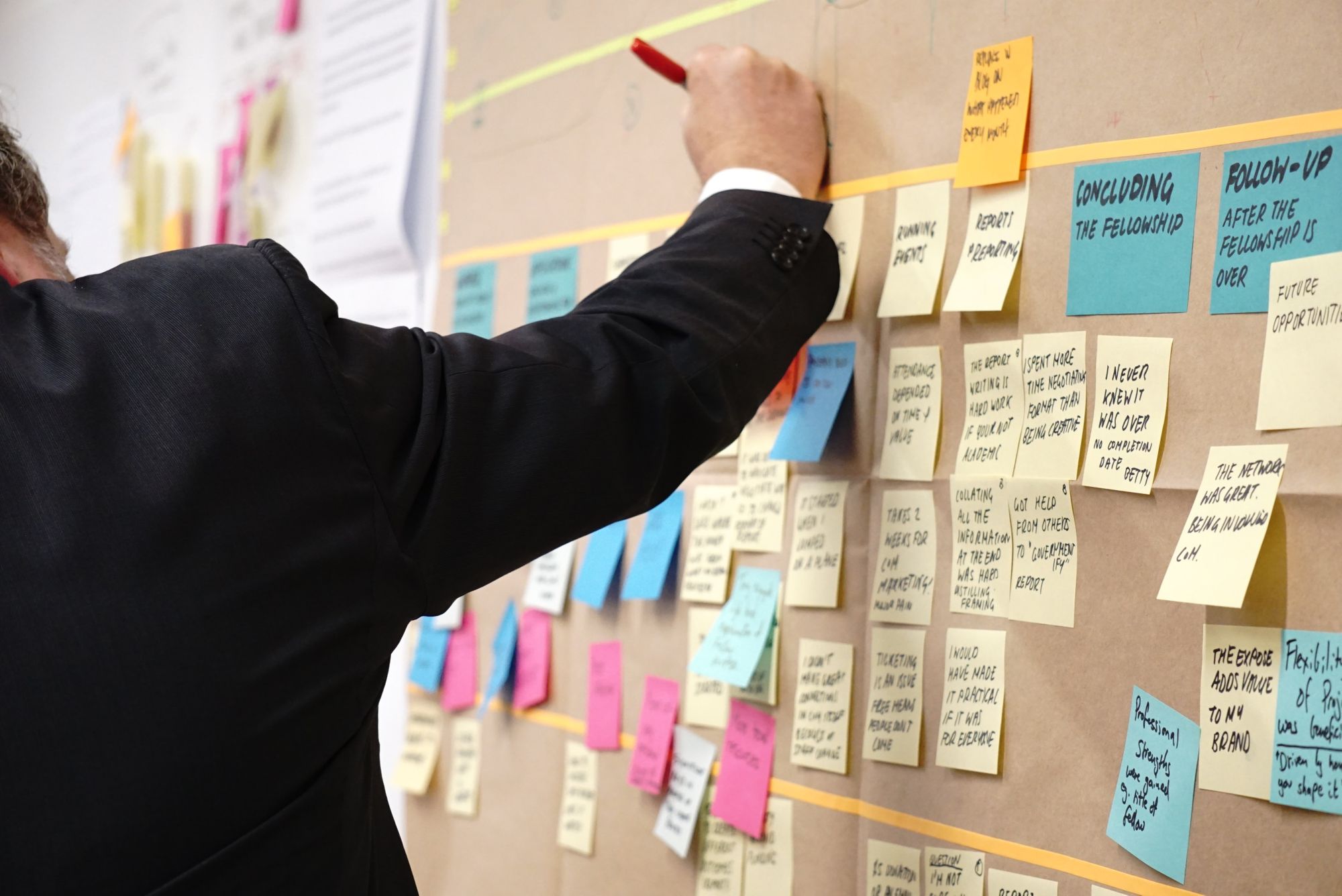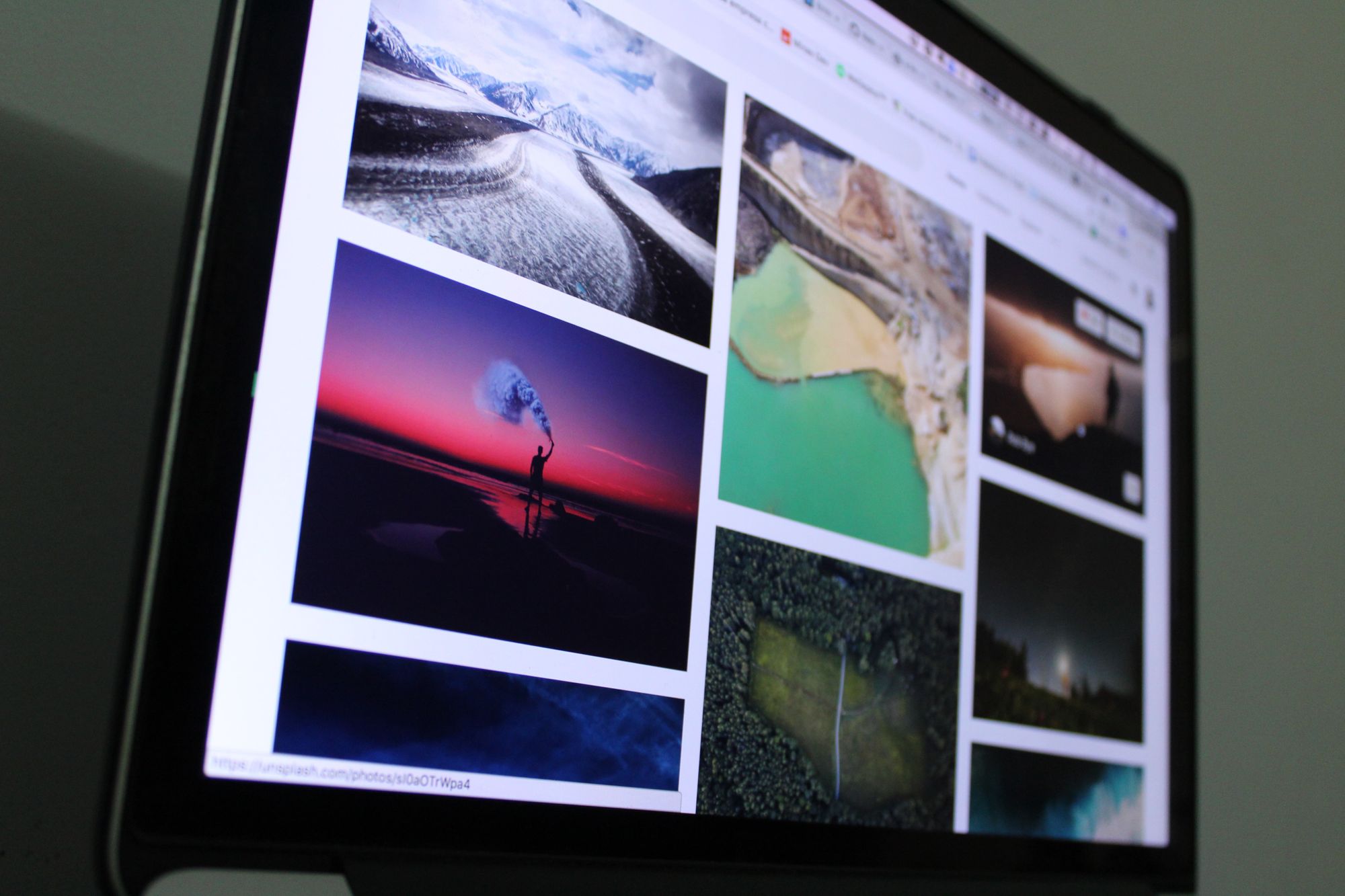What does a whole life creativity system need?
When creating a life system for "mind like water", we need structure for goals, while still allowing for creativity.

When attempting to create a life creativity system that will help you create a "mind like water" and significantly improve your creative ability, the main challenge is adding just enough structure so that you can achieve your goals, while still allowing for creativity, spark, serendipity and intuition to be able to guide your way.
Through much trial and error over years, including 2020 and beyond, I've discovered four main areas are needed to make a complete life system: a projects and to-do area, note-taking area, review and revisit area and storage area. The system in effect, has an active "doing" area, a "that resonates" area, a creativity and intuition area and a reference area to keep digital objects or links to useful objects.
Projects and To-do Area

Many productivity books, courses and experts all focus in on this area and it is very important but possibly not the most important area (that we'll get to below). There are many different approaches to this area and most are equally valid and equally useful.
What is not useful, if 2020 has taught us anything, is putting too many fine details or dates on tasks. As clearly demonstrated recently, life happens, things pop up, and plans with specific dates or too many fine details go awry which throws out the whole detailed system completely. If you are needing to update the system heavily for changing dates, priorities and shifting sands, then the system is owning you not the other way around.
Note-taking Area

This area is what you might think of when you take a notebook to a conference and fill it with notes, or take down some great notes and ideas from that online course or podcast you just listened to. The problem with physical notes and notebooks is that if you don't ever look at that book again to work it into your system of ideas or projects, nothing ever gets done about them.
The digital note-taking area needs to have the ability to take notes or pull in notes quickly and easily with a quick summary and a few tags to make them useful for searching later when you need them. These notes then need to be reviewed regularly for ideas and projects which leads us to the review and revisit area.
Review and Revisit Area

I can't overstate the importance of this area enough as it is really the magic-making area of the system. In this area there are reviews, journals and notes about your days, weeks, months, quarters and years. It includes a morning gratitude and focusing journal, an evening gratitude and storytelling journal, weekly, monthly and quarterly summary and review journals and an annual reflection journal (along with three or five year reflection and brainstorming journals).
Journaling is an extremely valuable guidance and intuition tool. A twice daily gratitude journaling habit has also been written about endlessly over the last five years or longer and been reported as having enormous benefits in people's lives including my own. Any whole life system needs include gratitude, journaling and reflection as a daily habit to provide guidance from within yourself rather than letting the external world decide what your priorities should be.
Storage Area

As much as a house needs cupboards to store the tools we like to use to make our lives easier, our LIFE system needs to have a storage area to store all the useful records and digital assets we use to make our digital lives easier. This area very much depends on the type of career or tasks that you do every day. A teacher, for example, would need to store course materials, lessons, student records and other assets used in education. A YouTube content creator might store video elements, snapshots, sounds and music that assist in video creation. Everyone would need to store other documents, manuals, tax records and general life information that we are expected to produce when asked and the storage area would be the place to look for them.
In order to keep our mind as clear as still water with the ability to create new content, new courses and other creative ideas, we need a system that can house projects and to-dos, notes, journals and other documentation and digital assets. Regardless of the tool or tools used, if these four areas are covered and actively worked with every day to keep a track of everything that is happening around your life, your mind is then freed from burden and has the ability to be calm, still and generate new ideas easily while also dealing with any surprises that come up. And that is something we could all use in our lives, especially now.
Belinda Allan is an education advisor who is dedicated to empowering lifelong learners. By exploring the intersection of technology, personal development and learning futures, Belinda uses her expertise in education, IT and AI to guide individuals in creating the course or training program of their dreams. With a focus on how AI can drive productivity and well-being in the ever-changing landscape of education and work, Belinda will help you unlock your full potential.
Sign up for the Learning Lounge newsletter and discover the secrets to unlocking your full potential and achieving productivity through the power of AI and personal development, with guidance from education expert Belinda Allan.

